When large language models (LLMs) are allowed to interact without any preset goals, scientists found distinct personalities emerged by themselves.
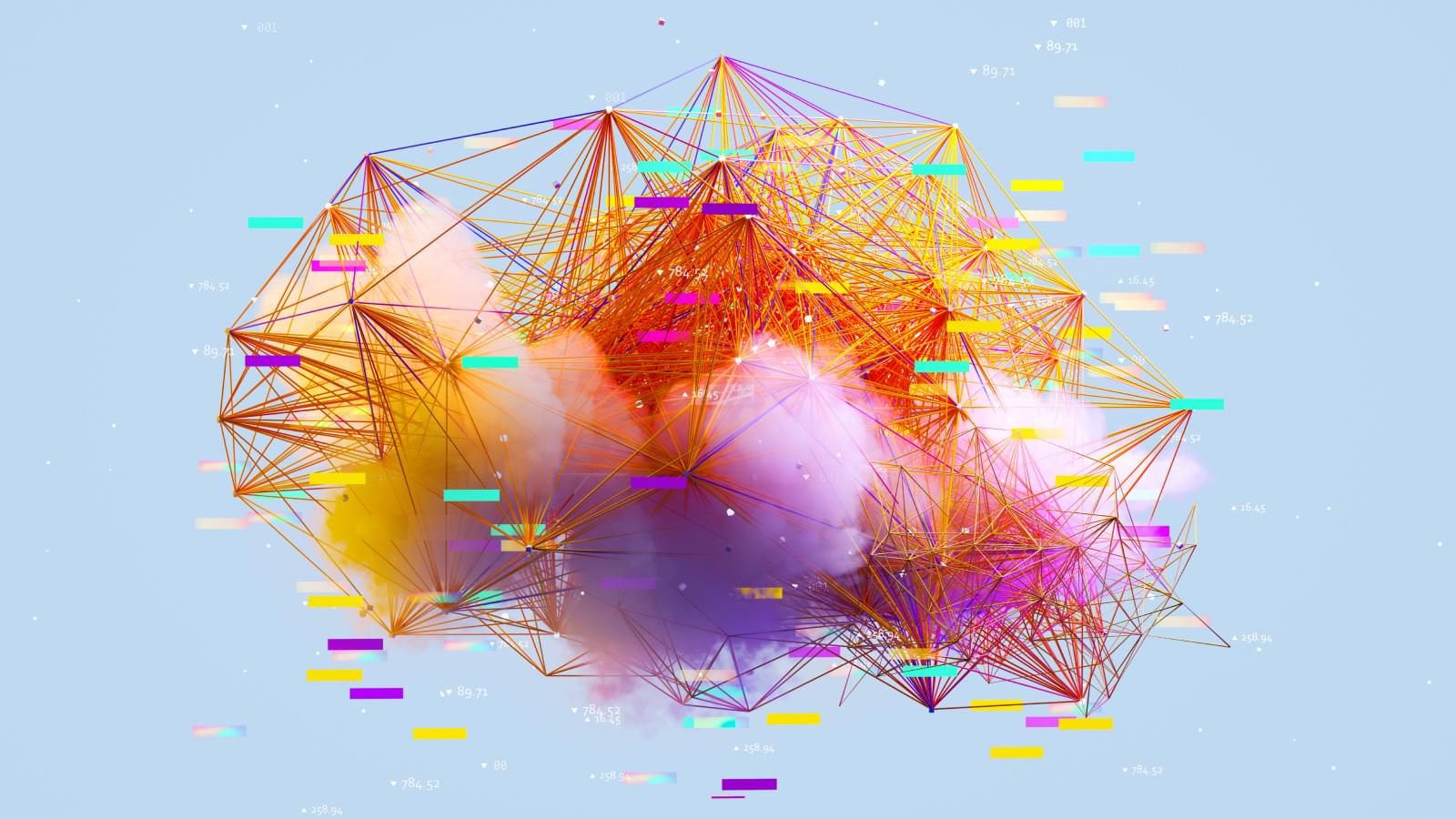


What if a cup of coffee could help treat cancer? Researchers at the Texas A&M Health Institute of Biosciences and Technology believe it’s possible. By combining caffeine with the use of CRISPR—a gene-editing tool known as clustered regularly interspaced short palindromic repeats—scientists are unlocking new treatments for long-term diseases, like cancer and diabetes, using a strategy known as chemogenetics.
The work is published in the journal Chemical Science.
Yubin Zhou, professor and director of the Center for Translational Cancer Research at the Institute of Biosciences and Technology, specializes in utilizing groundbreaking tools and technology to study medicine at the cellular, epigenetic and genetic levels. Throughout his career and over 180 publications, he has sought answers to medical questions by using highly advanced tools like CRISPR and chemogenetic control systems.


We tend to think reality is out there waiting to be discovered. But philosopher Manuel Delaflor argues that experience, meaning, and ontology are active constructions, not passive receptions of a knowable world. Once we see that categories are created, not discovered, realism gives way to responsibility, and the question shifts from what reality is, to what reality are we choosing to create.
My sister is a graphic designer, someone who has spent two decades swimming in colour palettes. She once laid out some blues on her screen and asked me to name them. Azure, cerulean, cobalt, sapphire, she rattled off, pointing at squares I could only call “blue.” To her, they were as different as a dog and a horse. Her visual system had carved the continuous spectrum into slices mine simply could not access. That moment has stayed with me. If her blues are not my blues, and if training made the difference, then what else have I been missing? What categories do we walk around believing we discovered in the world, when in fact we manufactured them ourselves, through language, through habit, through purpose? And if this is true of something as basic as colour, what does it mean for everything else we think we see?
We tell ourselves a flattering story: out there is a world, pre-sorted into kinds, and our job is to discover those kinds. Rocks as rocks. Faces as faces. Colours sit waiting in the spectrum like crayons in a box. This is the myth of discovery, and it runs so deep we rarely notice it. It feels grounded, and we need grounding. It feels like the opposite of arrogance. Right? But examine it closely and the story collapses. I give you a hint on the reason: when something makes sense, it never means it is right. It means it clicks into place inside your existing maps. And that is why when we go around pretending to be certain about what “makes sense” is the easiest form of self-deception.
🔒 Remove your personal information from the web at https://JoinDeleteMe.com/DROID and use code DROID for 20% off 🙌 DeleteMe international Plans: https://international.joindeleteme.com.
It’s been an idea that has been around since 1895 but only since the 1960s that it was taken seriously. But the biggest issue is how to make a cable over 36,000km that is light enough and strong enough. We now have the ability to make the materials but can we make them long enough to make it a reality, find out in today’s video.
Written, researched and presented by Paul Shillito.
To give one-off tips and donations please use the following :
https://www.buymeacoffee.com/curiousdroid.
Patreon : https://www.patreon.com/curiousdroid — For longer term channel support.
Paypal.me : https://paypal.me/curiousdroid — For 1 off direct tips and thank you payments.
Facebook : https://www.facebook.com/curiousdroid.
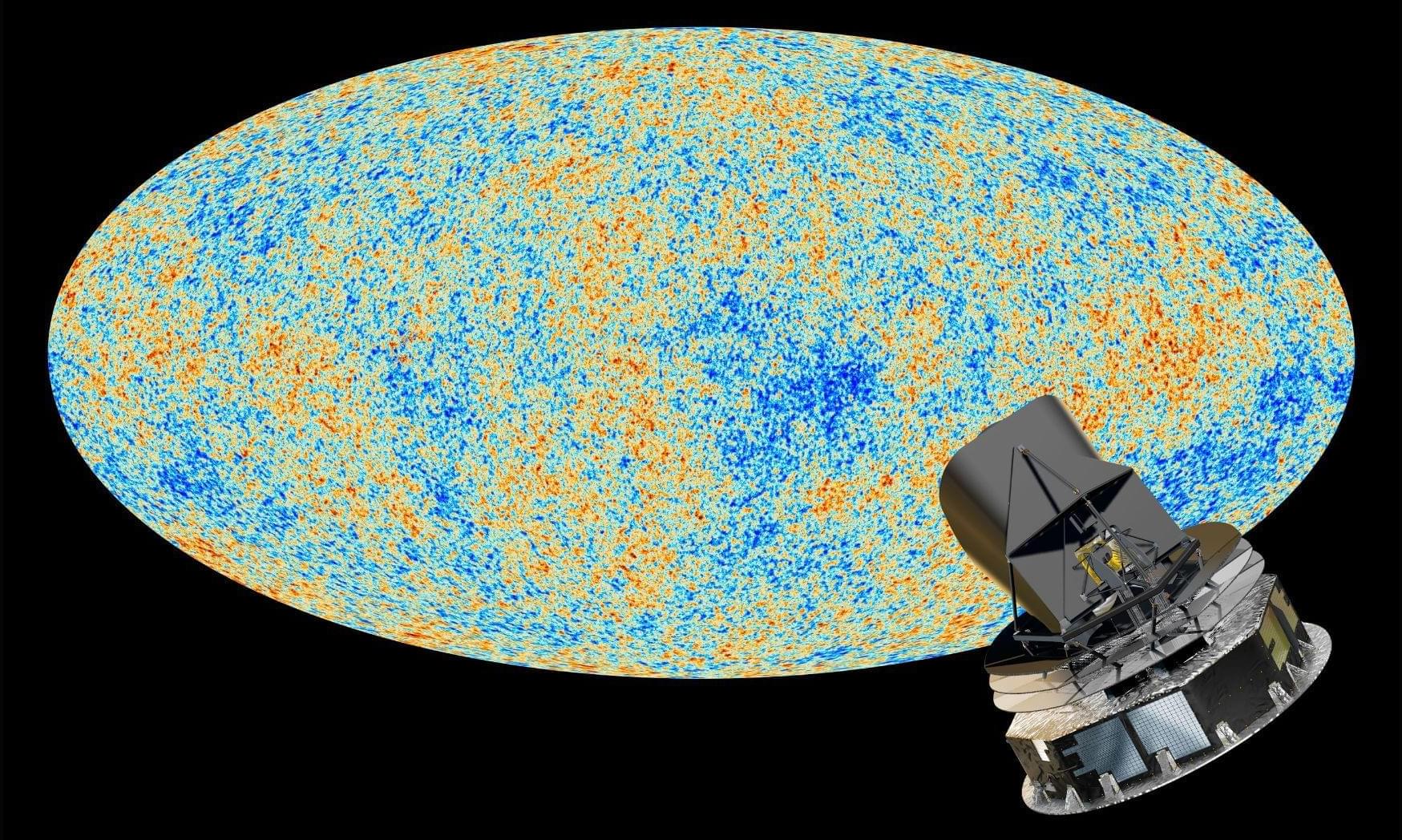
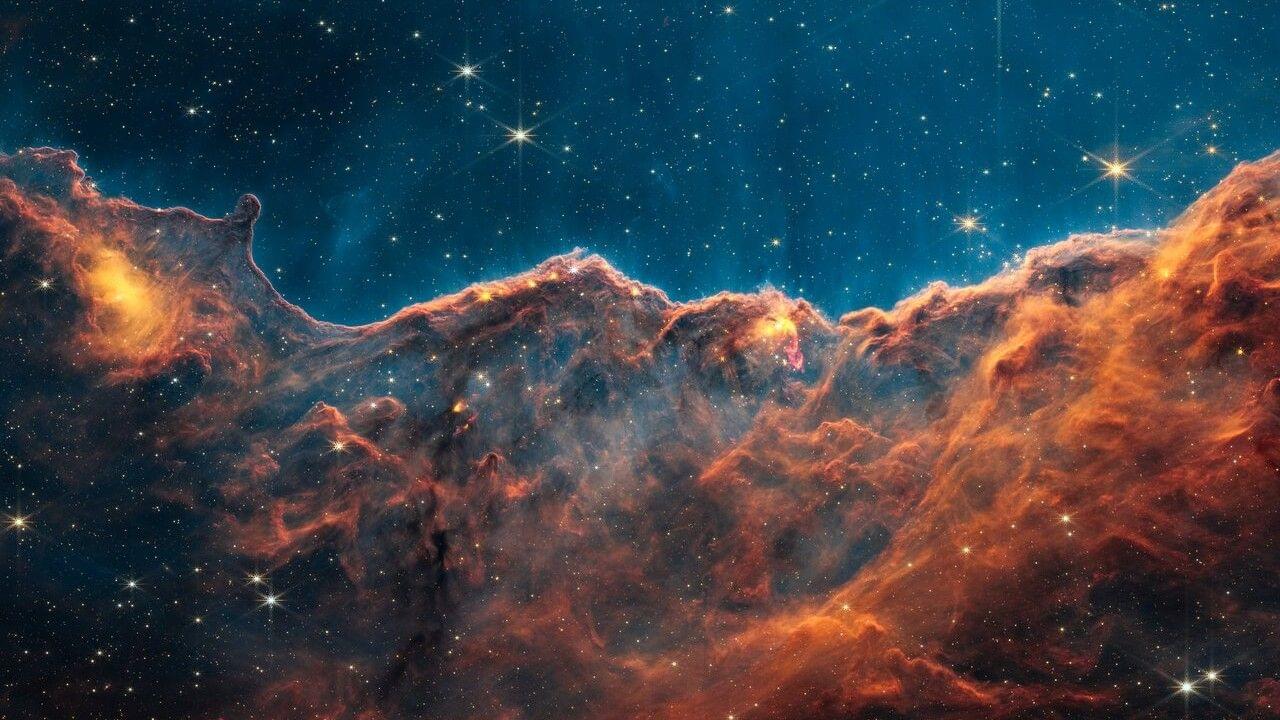
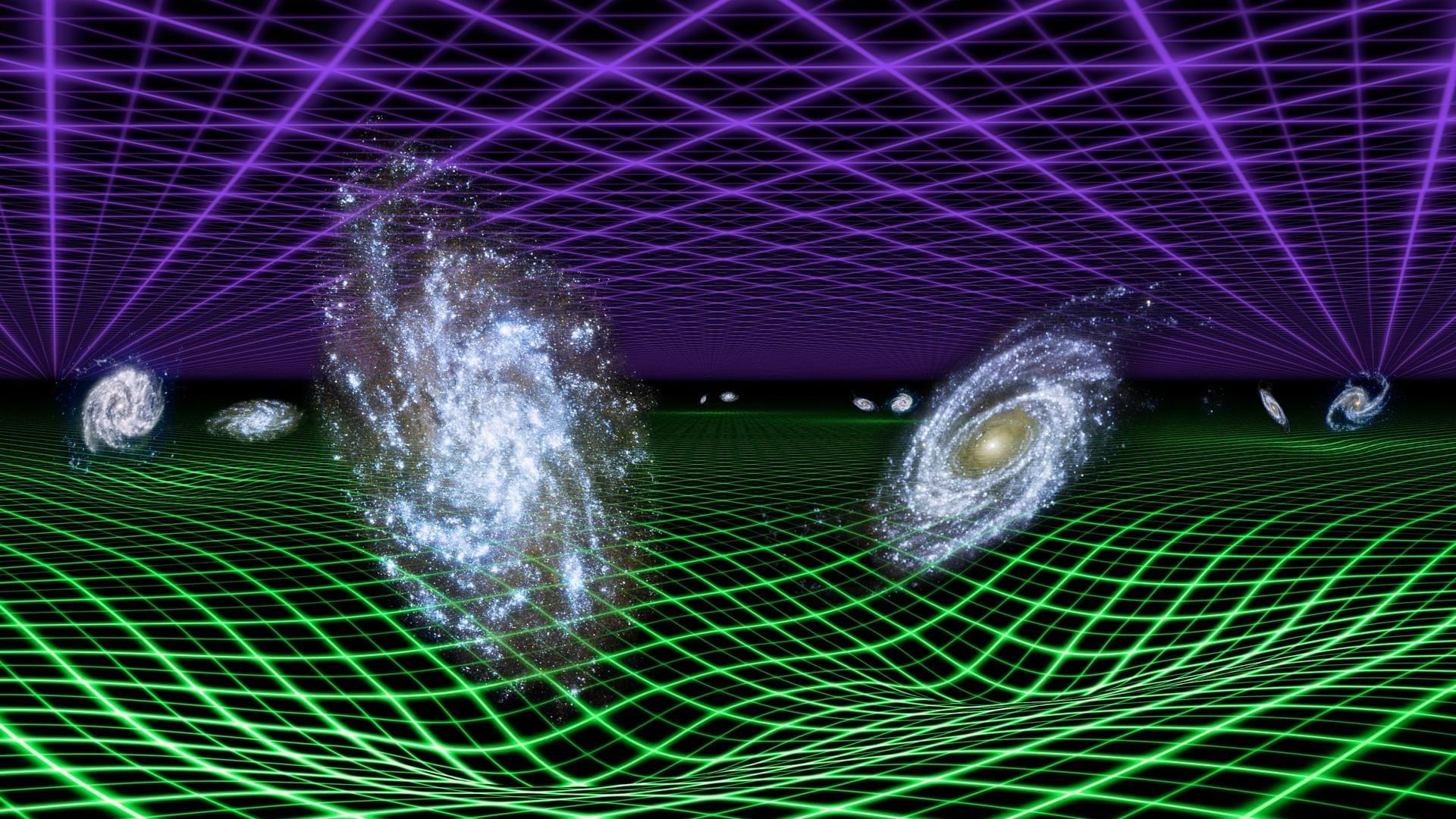
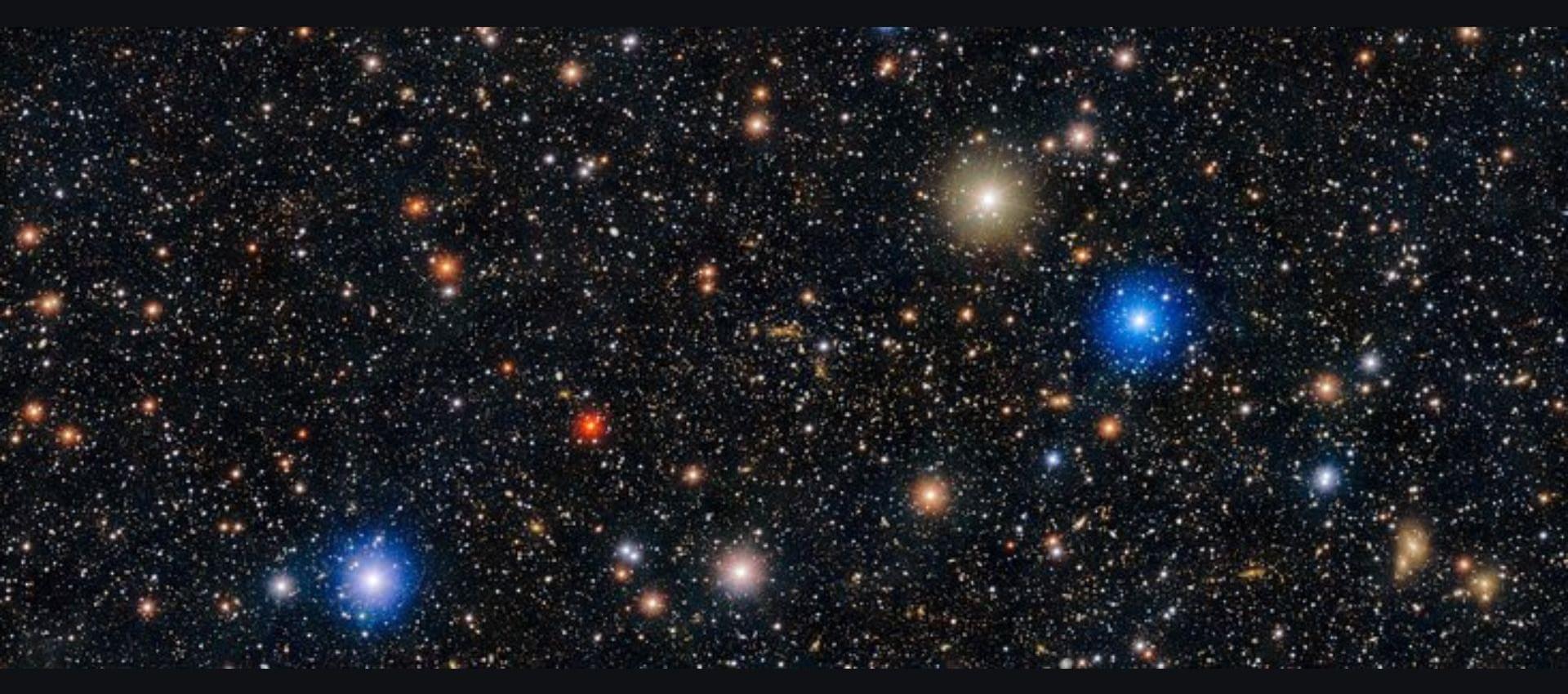
Space exploration is on the verge of a revolution. With new propulsion systems, upcoming missions to Mars and beyond, and theories that could one day take us to other star systems, the future of space travel is closer than ever.
But how will it actually happen? Will we ever leave our solar system? And is faster-than-light travel even possible?
In this video, we explore:
🚀 Where We Are Now – The progress we’ve made in space travel.
🌍 Mars & Beyond – The next steps for humanity’s expansion into space.
🌌 Interstellar Travel – Is It Possible? – The challenges of traveling beyond the solar system.
⚡ Future Propulsion Technologies – New ways to push past our current limits.
🌀 Warp Drives & Faster-Than-Light Travel – The theories that could change everything.
🚀 Space Travel Is About to Change Forever — But How? — Space Documentary.
Don’t forget to subscribe for more content! ❤
Will humanity ever reach another star, or are we trapped in our own cosmic neighborhood? 🌌👇